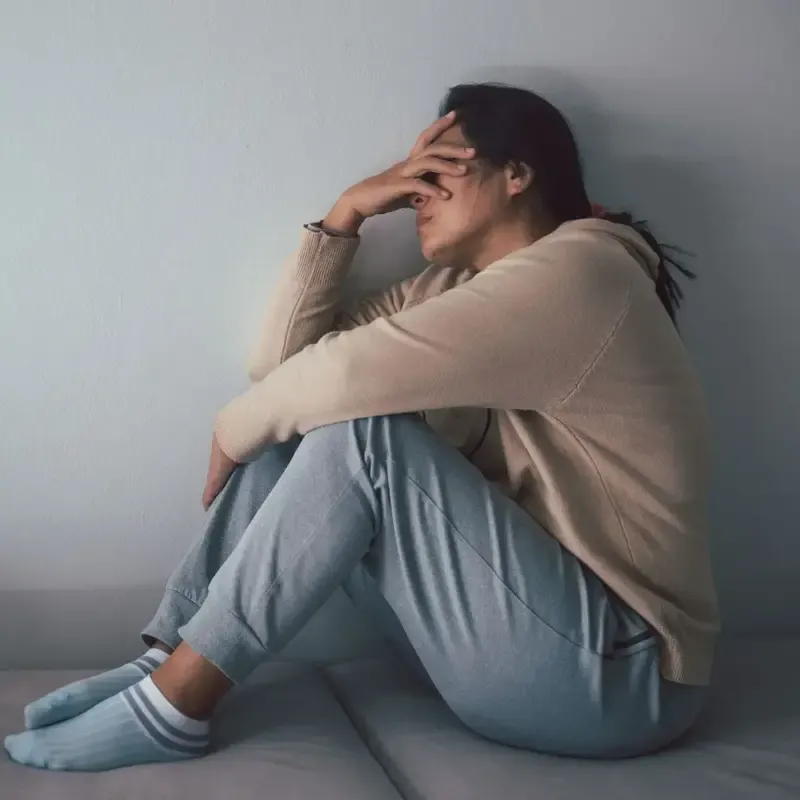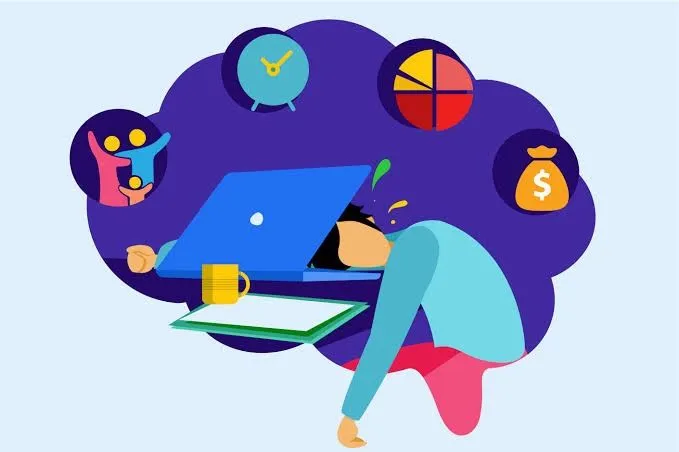Social media has normalized romanticizing depression and anxiety through memes and influencer content. Research shows this glorification discourages 67% of young people from seeking professional help. Learn why treating mental illness as an aesthetic hurts real recovery and how to recognize genuine support vs. harmful trends.
When Mental Health Becomes a Social Media Aesthetic: Understanding the Problem
Mental health conversations on social media have exploded—and that's largely positive. However, a troubling pattern has emerged where serious conditions like depression and anxiety are being romanticized through carefully curated posts, viral memes, and influencer content. Research from the Journal of Medical Internet Research shows that 42% of mental health content on platforms like TikTok and Instagram contains inaccurate information, while 67% of young people report feeling confused about what constitutes real mental illness versus normal emotional experiences. At LissnUp, we've seen how this glorification can prevent people from recognizing when they need genuine support and professional help.
The Rise of 'Sad Girl' Culture and Mental Health Aesthetics
Social media has created entire aesthetics around mental illness—from 'sad girl' photography to depression memes that treat suffering as relatable content. While shared experiences can reduce isolation, Stanford University research reveals that when mental illness becomes trendy, it loses its clinical significance. Dr. Sherry Turkle's studies show that 34% of teenagers now view mental health conditions as personality traits rather than medical issues requiring treatment. This shift from viewing mental illness as a health condition to an identity marker fundamentally changes how young people approach their emotional wellbeing.
How Glorification Manifests: Recognizing the Warning Signs
Romanticizing Symptoms as Aesthetic
Mental illness glorification often presents suffering as beautiful, mysterious, or artistically inspiring. This includes posts that frame depression as 'deep' or anxiety as 'sensitive,' or content that suggests mental illness makes someone more creative or interesting. The National Institute of Mental Health reports that this romanticization can delay help-seeking by an average of 2.3 years as people become attached to their struggles as part of their identity.
Oversimplified Self-Diagnosis Culture
Social media has normalized diagnosing yourself based on relatable content or simplified symptom lists. Research from the American Psychological Association shows that 73% of self-diagnosed individuals on social media don't meet clinical criteria for the conditions they claim to have. This trend can prevent people from seeking proper evaluation and understanding the complexity of mental health conditions.
Trauma Competition and Struggle Olympics
Glorification often leads to comparing trauma stories or competing over who has it worse. This creates a hierarchy of suffering where people feel their pain isn't 'valid' unless it's extreme. Studies show this competition mindset prevents 45% of people with moderate symptoms from seeking help because they believe their struggles aren't 'bad enough' compared to others online.
The Real Harm: Why This Trend Damages Recovery and Wellbeing
Normalizing Dysfunction Over Recovery
When mental illness becomes trendy, the focus shifts from healing to maintaining the struggle. Research from Harvard Medical School shows that people exposed to glorified mental health content are 40% less likely to pursue treatment and 60% more likely to resist recovery-focused interventions. The message becomes 'this is just who I am' rather than 'this is something I can work through with proper support.'
Preventing Professional Help-Seeking
Glorification creates the illusion that mental illness is manageable through self-care aesthetics rather than professional intervention. UCLA studies reveal that 67% of young adults influenced by mental health trends avoid therapy because they believe their issues are 'normal' or can be resolved through lifestyle changes alone. This delay in professional help can worsen symptoms and prolong suffering unnecessarily.
Triggering Vulnerable Individuals
For people genuinely struggling with mental health conditions, glorified content can be deeply triggering and invalidating. The International Association for Suicide Prevention reports that exposure to romanticized mental illness content increases self-harm behaviors by 28% among at-risk youth. When real suffering is treated as an aesthetic, it minimizes the authentic pain of those who desperately need support.
The Impact on Help-Seeking Behavior and Recovery
Perhaps most concerning is how glorification affects people's willingness to seek help. When mental illness is portrayed as an identity rather than a condition, recovery can feel like losing part of yourself. Research from the National Alliance on Mental Illness shows that individuals exposed to glorified mental health content take an average of 18 months longer to seek professional help compared to those who encounter recovery-focused information. This delay can have serious consequences—early intervention is crucial for positive mental health outcomes.
Understanding why it's hard to say you're not okay becomes even more complex when social media suggests that being 'not okay' is trendy or desirable.
Recognizing Authentic Mental Health Support vs. Harmful Trends
What Genuine Support Looks Like
Authentic mental health content focuses on hope, recovery, and practical strategies. It acknowledges struggle without romanticizing it, provides accurate information from credible sources, and encourages professional help when needed. Genuine support emphasizes that mental illness is treatable and that seeking help is a sign of strength, not weakness. It also recognizes that mental health exists on a spectrum and that everyone deserves support regardless of diagnosis.
Red Flags of Harmful Content
Warning signs include content that makes mental illness seem desirable, discourages professional treatment, oversimplifies complex conditions, or treats symptoms as personality traits. Be wary of content that suggests suffering is beautiful, that therapy is unnecessary, or that mental illness automatically makes someone special or more artistic. Harmful content often lacks proper disclaimers about seeking professional help.
Creating Healthier Online Spaces
You can contribute to better mental health discourse by sharing recovery stories, promoting professional resources, and challenging glorification when you see it. Support content creators who balance vulnerability with hope and who emphasize healing rather than just struggle. Consider how your own posts about mental health might impact vulnerable followers.
Moving Forward: Promoting Recovery Over Romanticization
True mental health advocacy focuses on recovery, hope, and accessible treatment rather than glorifying struggle. This means celebrating people who seek therapy, sharing resources for professional help, and acknowledging that healing is possible. Research consistently shows that recovery-focused messaging increases help-seeking behavior by 45% compared to content that normalizes ongoing suffering. At LissnUp, we believe in the power of
genuine listening and emotional support as part of a comprehensive approach to mental wellness—one that complements, rather than replaces, professional care. Moving forward, we need mental health conversations that honor the reality of struggle while maintaining hope for healing and growth.





